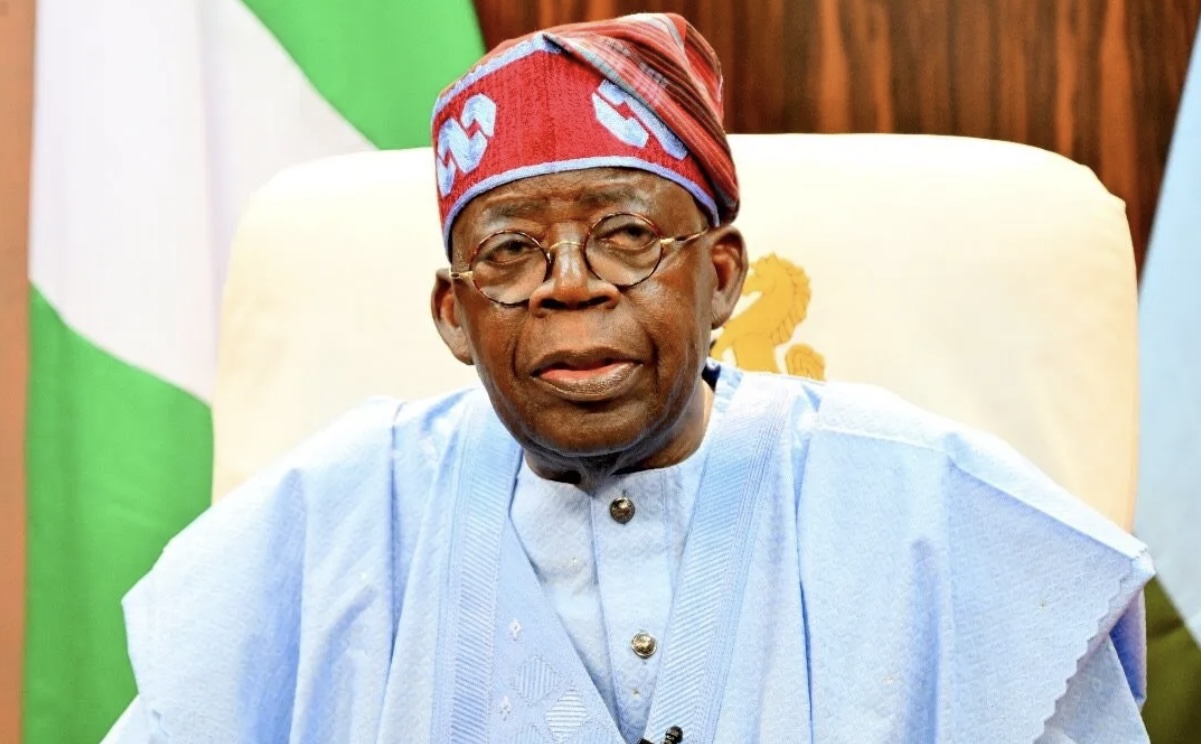
President Bola Tinubu’s decision to grant state pardon and clemency to about 50 convicted drug offenders has stirred widespread controversy, with critics warning that it sends mixed signals about Nigeria’s commitment to its anti-narcotics campaign.
The pardoned individuals, part of a broader list of 175 inmates approved for clemency by the Council of State last Thursday, were convicted of offences including drug trafficking, importation, and possession of illicit substances such as cocaine, heroin, cannabis, tramadol, and Indian hemp.
According to the presidency, the clemency followed recommendations by the Presidential Advisory Committee on the Prerogative of Mercy, which cited remorse, good conduct, and acquisition of vocational skills by the beneficiaries.
Some were granted full pardons, while others, including notorious kidnappers and murderers, had their sentences commuted or reduced. The list also includes “illegal miners, white-collar convicts, remorseful drug offenders, foreigners…,” said presidential spokesperson Bayo Onanuga.
The lawyer explained that under Section 175 of the Nigerian Constitution, the president has “an unlimited conditional power to exercise what is called the prerogative of mercy,” which he described as an act of clemency or pardon where the president “basically forgives and pardons those convicted or subjected to the criminal process”.
“When the president acts on the recommendation of the committee and issues a pardon or clemency, that pardon is absolute. What it implies in law is that it extinguishes and basically brings to an end the criminal history and record of the person that is pardoned.”
The lawyer also questioned the motive behind granting clemency to several convicts.
“I find it rather curious that the president, for reasons best known to him and the presidential committee, has decided to issue pardons to individuals who don’t think they merit it.”
In a statement on Monday, Amnesty International also expressed deep concern over Mr Tinubu’s decision to grant clemency and pardons to individuals convicted of serious human rights violations. “The pardons for these crimes prevent reparations for victims.”
The global watchdog urged the president to reconsider his government’s pardons for those convicted of human rights crimes and uphold and ensure the rights of the victims and their families.
“The way and manner Nigerian authorities carried out the exercise seemed to prioritise the perpetrators instead of access to justice and effective remedies for the victims and their families.
“The actions of the government have the potential of undermining the rule of law, preventing the emergence of the truth, the determination of guilt or innocence by a court, and reparations for victims, as well as entrenching impunity for human rights crimes,” the global rights group said.
While the NDLEA maintains that it will continue enforcement “without fear or favour,” critics warn that pardoning individuals convicted for serious drug offences risks weakening deterrence and potentially emboldening traffickers.
Some of the pardoned drug offenders are:
Aluagwu Lawrence, 47, was sentenced in 2015 for selling Indian hemp.
Ben Friday, 60, was jailed for three years or a N1.3 million fine in 2023 for marijuana possession.
Oroke Michael Chibueze, 21, sentenced to five years for cannabis sativa in 2023.
Kelvin Christopher Smith, 42, jailed for four years for importing cocaine in 2023.
Azubuike Jeremiah Emeka, 31, sentenced to five years or N3 million fine for cocaine import in 2021.
Akinrinnade Akinwande Adebiyi, 47, sentenced to three years for dealing in tramadol in 2023.
Ahmed Adeyemo, 38, serving 15 years for cannabis, had already spent nine years, five months at Kirikiri before being pardoned.
Adeniyi Jimoh, 31, and Seun Omirinde, 39, both jailed 15 years in 2015 for drug possession, also received clemency.
Safiyanu Umar, 56, sentenced without option of fine in 2023 for possessing 5kg of cannabis sativa.
Hamza Abubakar, 37, sentenced to five years in 2022 for selling Indian hemp.
Emmanuel Eze, 49, was jailed for five years in 2022 for heroin.
Bala Azika Yahaya, 70, sentenced to 15 years in 2017 for cannabis.
Muharazu Abubakar, 37, was jailed for five years for selling Indian hemp in 2022 after serving three years in Katsina.
Adam Abubakar, 30, and Emmanuel Yusuf, 34, both convicted in 2022 for possession of 2kg of tramadol.
Nsikat Edet Harry, 37, sentenced in 2023 to five years for possession of Indian hemp, cocaine, and heroin.
Jonathan Asuquo, 28, sentenced in 2022 to five years for possession of Indian hemp and other drugs.
Abiodun Elemero, 43, sentenced to life imprisonment in 2014 for cocaine hawking after spending 10 years at Kirikiri.
Other convicts saw their sentences reduced rather than cancelled.
They include:
Ifenna Kennechukwu, 42, jailed 20 years in 2015 for importing cocaine—now reduced to 12 years.
Patrick Mensah, 40, and Obi Edwin Chukwu, 43, had their drug-related sentences cut to 10 years.
Napolo Osariemen, 61, convicted in 2022 for 2kg of Indian hemp —now serving seven years instead of 15.
Helen Solomon, 68, Okoye Tochukwu, 43, and Ugwueze Paul, 38, each had cannabis-related sentences reduced from five to three years.
Chukwudi Destiny, 36, convicted for heroin import in 2022, saw his six-year term cut to four.
- 306
-
0
- 0
- 0
- 0
